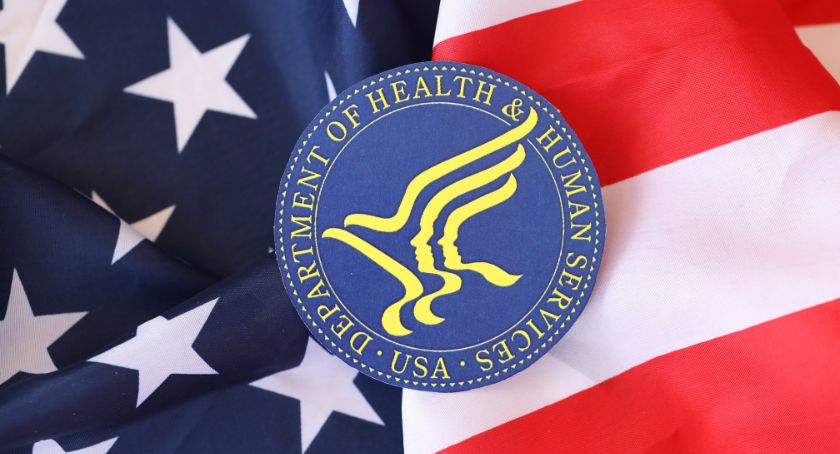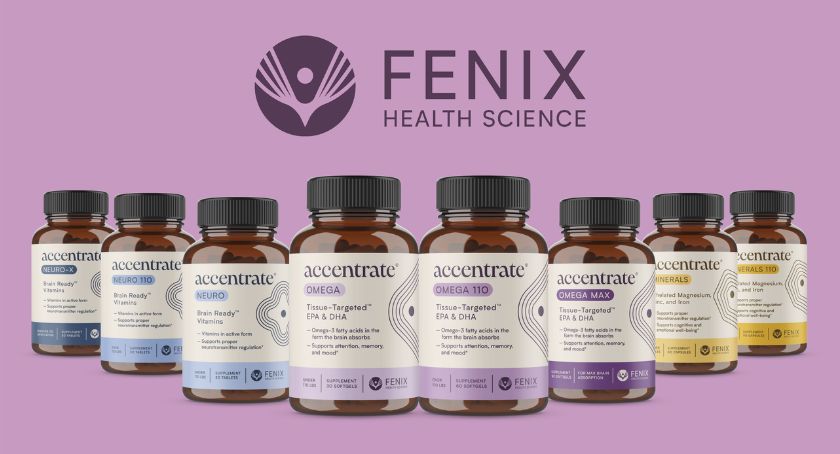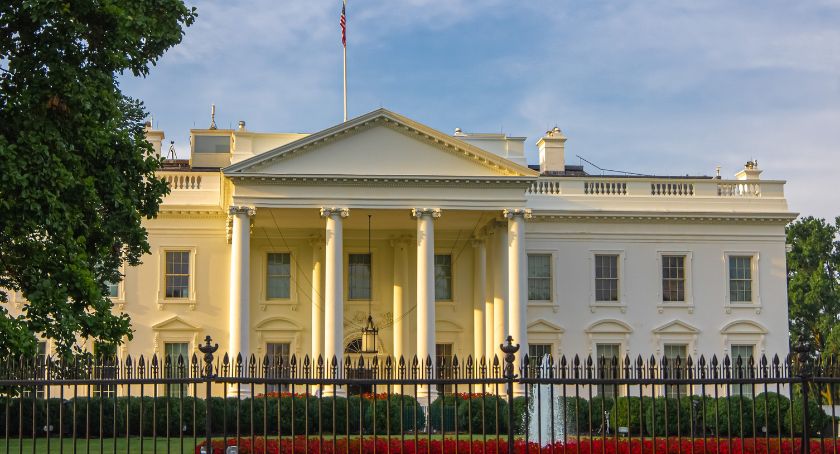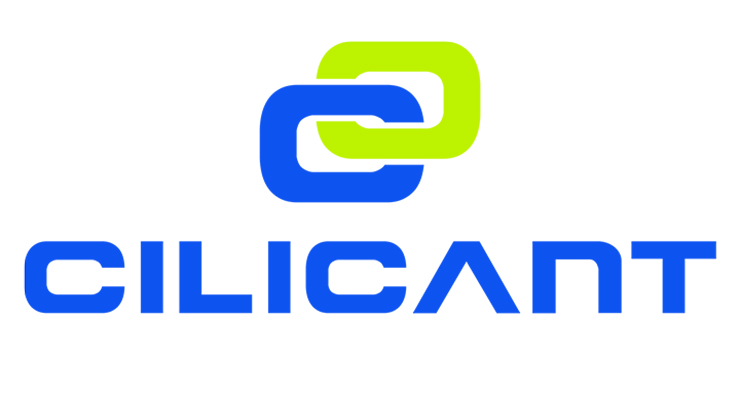Exclusives
Prevagen Marketers Charged With Making False Claims
Quincy Bioscience denied any wrongdoing and vowed to defend itself.
By: Sean Moloughney
The Federal Trade Commission and New York State Attorney General have charged the marketers of the dietary supplement Prevagen (Quincy Bioscience, Madison, WI) with making false and unsubstantiated claims that the product improves memory, provides cognitive benefits, and is “clinically shown” to work.
In a statement, the company denied the allegations, calling the complaint “unfounded and inaccurate,” and vowed to defend itself. “This case is another example of government overreach and regulators extinguishing innovation by imposing arbitrary new rules on small businesses like ours,” the company said.
The active ingredient in Prevagen is apoaequorin, a protein isolated from the jellyfish Aequorea victoria. “Prevagen is safe,” the company stated. “Neither the FTC nor the New York Attorney General has alleged that Prevagen can cause or has caused harm to anyone. And hundreds of thousands people tell us it works and improves their lives.”
The extensive national advertising campaign for Prevagen, including TV spots on national broadcast and cable networks, featured charts depicting rapid and dramatic improvement in memory for users of the product, according to the FTC. The complaint alleges the marketers relied on a study that failed to show Prevagen works better than a placebo on any measure of cognitive function.
“The marketers of Prevagen preyed on the fears of older consumers experiencing age-related memory loss,” said Jessica Rich, director of the FTC’s Bureau of Consumer Protection. “But one critical thing these marketers forgot is that their claims need to be backed up by real scientific evidence.”
Questionable Science?
However, the company claimed it has amassed “a large body of evidence that Prevagen improves memory and supports healthy brain function. This evidence includes preclinical rat studies, canine studies, human clinical studies, and, most importantly, randomized, double-blind, placebo-controlled human clinical testing. This type of testing has long been acknowledged by both the FTC and the FDA to be the ‘gold standard’ for scientific evidence.”
On its website, Quincy cited the “Madison Memory Study: A Randomized, Double-Blinded, Placebo-Controlled Trial of Apoaequorin in Community-Dwelling, Older Adults.”
The company claimed Prevagen demonstrated the ability to improve aspects of cognitive function in older participants with either normal cognitive aging or very mild impairment, as determined by AD8 screening.”
In its statement, Quincy Bioscience said the “FTC does not allege that Quincy’s principal clinical study fails to meet the FTC’s and FDA’s own definition of ‘gold standard,’ nor does the FTC allege that the study was poorly designed or inappropriately conducted, or that it failed to rely on scientifically-validated measures. The sole dispute rests on the interpretation and analysis of the data, with the regulators attempting to hold the company to a standard that is unreasonable, scientifically debatable, and legally invalid. Their experts simply disagree with ours over how to interpret the study results. The FTC should not be the arbiter in matters of scientific debate. We are proud of the work we have done to support Prevagen’s effects and believe our large body of evidence clearly satisfies the longstanding standard to support such claims.”
The federal court complaint alleges that the defendants enticed consumers to spend anywhere from $24 to $68 for bottles of 30 supplement pills by touting the product’s active ingredient to improve memory and reduce memory problems associated with aging. The complaint noted that the supplement is widely available at major retailers such as Amazon, CVS, the Vitamin Shoppe, and Walgreens, and is also sold directly on the defendants’ websites. Defendants’ product sales have topped $165 million, according to the complaint.
Clear-Cut Fraud?
The agencies alleged that the defendants’ marketing claims have violated the FTC Act and New York state laws. The agencies are seeking refunds for consumers who bought the deceptively marketed product.
“The marketing for Prevagen is a clear-cut fraud, from the label on the bottle to the ads airing across the country,” said New York Attorney General Eric Schneiderman. “It’s particularly unacceptable that this company has targeted vulnerable citizens like seniors in its advertising for a product that costs more than a week’s groceries, but provides none of the health benefits that it claims.”
Mr. Schneiderman first targeted the supplement industry in 2015, alleging that herbal supplements sold at major retailers didn’t contain the active ingredients claimed on the label based on disputed testing methods centered around DNA barcode analysis.
Quincy claimed the FTC has brought three similar cases against three other companies in which “the Commission tried to impose its own rigid interpretation of a company’s scientific evidence to prohibit truthful, non-misleading claims. In each case, the FTC lost. This matter is of keen public interest and the facts of this case underscore the importance of proceeding carefully. There is no reason for a short-staffed and lame-duck FTC to rush this complaint through.”
The agencies charged corporate defendants Quincy Bioscience Holding Company, Inc.; Quincy Bioscience, LLC; Prevagen, Inc., doing business as Sugar River Supplements; and Quincy Bioscience Manufacturing, LLC. The agencies also charged the two co-founders of the company, CEO Michael Beaman and President Mark Underwood who appeared in infomercials for the product.
The Commission vote authorizing the staff to file the complaint was 2-0, with Commissioner Maureen Ohlhausen not participating. The complaint was filed in the U.S. District Court for the Southern District of New York.
According to Quincy Bioscience, “It is unprecedented for a complaint like this to be brought by only two sitting commissioners, let alone two commissioners from the same party. The FTC is supposed to be headed by five Commissioners, representing a diversity of political backgrounds. Chairwoman Ramirez, one of the FTC Commissioners who voted in this matter, has herself acknowledged the benefits of a full, five-member Commission.”





















